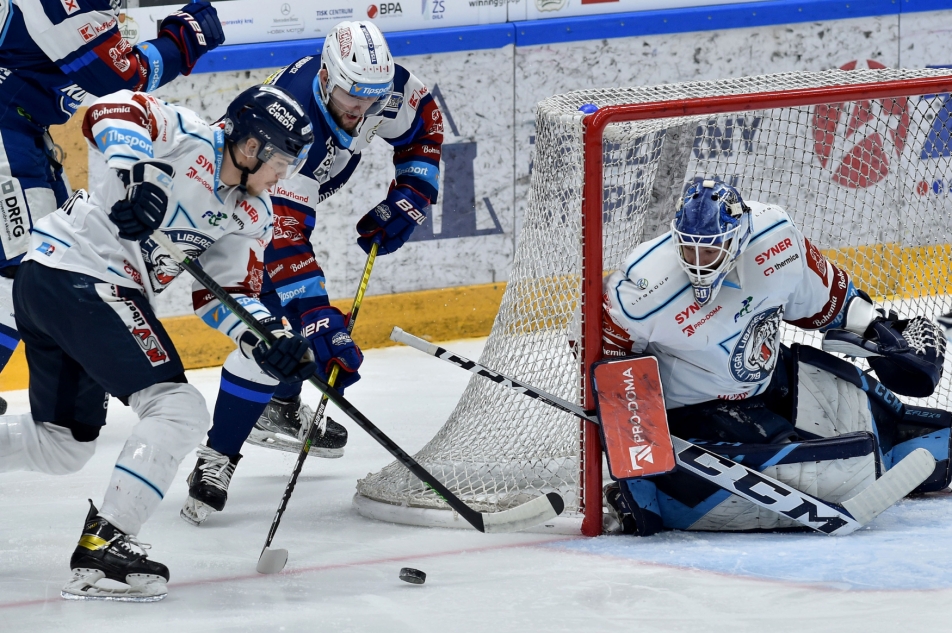PANAMA CITY, March 15, 2022 – As part of the efforts to accelerate vaccination against COVID-19 in Latin America and the Caribbean, the Government of Japan has announced a contribution of 10 million dollars to UNICEF to strengthen cold chain systems and strengthen local capacities to the management of the vaccine in Belize, Bolivia, Colombia, the Dominican Republic, Ecuador, El Salvador and Honduras.
This additional funding complements a 2021 donation of $11.11 million to six other countries.[1] of the region to improve its capacity for effective and inclusive vaccination of COVID-19.
The COVID-19 pandemic has severely affected Latin America and the Caribbean and continues to do so in 2022, maintaining the urgent need to increase vaccination efforts in all countries. The region, which is home to just 8 percent of the world’s population, has recorded nearly 66 million cases and more than 1.7 million deaths, accounting for 15 percent of cases and 28 percent of deaths. total deaths globally at the end of February 2022.
“As the COVID-19 pandemic continues to have a devastating impact on families, children and adolescents in Latin America and the Caribbean, UNICEF is increasing its support to governments across the region to ensure that vaccines against COVID-19 are delivered effectively and available to the most vulnerable populations,” said Jean Gough, UNICEF Regional Director for Latin America and the Caribbean. “The support of the Government of Japan is a critical contribution to the work of UNICEF and will play a key role in ensuring that vaccination efforts in the region leave no one behind.”
Accelerating an inclusive and efficient deployment of COVID-19 vaccines is one of UNICEF’s priorities globally and in Latin America and the Caribbean, with a long-term vision to strengthen health systems in general, including routine immunization. As of the end of February 2022, around one billion doses have been administered in the region, including doses obtained through bilateral agreements, donations and those delivered through the COVAX mechanism with the support of UNICEF in coordination with PAHO, GAVI and CEPI.
UNICEF continues to support creating demand for the COVID-19 vaccine and working to reduce vaccine hesitancy and combat misinformation, both through widespread communication campaigns and community engagement at the local level. UNICEF also advocates for equitable access to COVID-19 vaccines for highly vulnerable groups, including refugees and migrants.
[1] Guatemala, Haiti, Jamaica, Nicaragua, Paraguay and Venezuela
–


